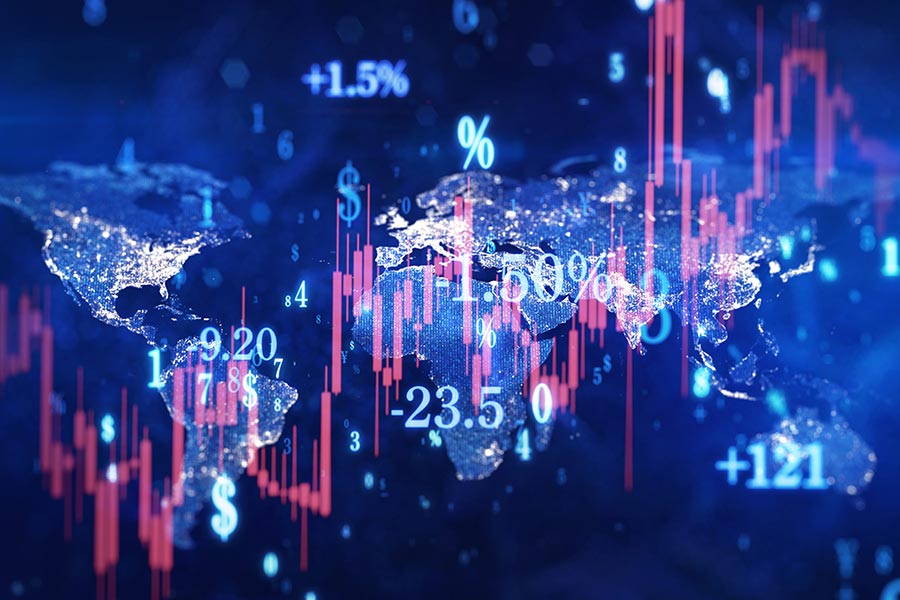Ibec's Global Compass report Navigating Polarisation: Business Leadership in a Fragmented World explores how businesses can lead through growing ideological and cultural divides—not by avoiding complexity, but by adapting to it.
Globally, trust is in decline.
The OECD reports that less than half of citizens across 30 countries express confidence in their governments.
The study also shows that nearly four in ten respondents doubt that the government relies on the best available evidence when making decisions, and a similar share considers that policymakers do a poor job of explaining how policy changes will impact them directly.
In many major economies—including the US, Brazil, South Africa, and the UK—confidence in institutions such as media, courts, and parliaments is at generational lows.
Business fares somewhat better.
GlobeScan data finds that corporations rank ahead of governments and media in public trust, but trail behind science, NGOs, and citizens themselves.
National companies hold a modest trust surplus (+22), with global firms lower still (+12).

In short: the bar is higher than ever, and the room for error is narrower.
But within this turbulence lies opportunity.
Brands that succeed in bridging the “connection deficit” can achieve up to 37% more revenue and nearly double the share price growth compared to their peers, according to global research by the Conran Design Group.
The missing piece of many puzzles is genuine connection, and corporations must find a true and authentic voice that serves as reliable guidance for global leaders and their constituents.
It is not enough to avoid mistakes and pitfalls; it is about filling the deficit of connecting the global strategy and narrative to the local and tangible concerns and realities of consumers and decision makers.
Building trust is a long-term offensive move.
It implies showing consistency between what is said and what is done, creating spaces of transparency where stakeholders—consumers, workers, shareholders, or regulators—can understand business decisions and allows leadership to take positions not under reactive pressure, but out of conviction and vision.
“Trust is no longer intangible—it’s a measurable, strategic advantage.”
It also means staying true to corporate values and translating them into actions that are visible and relevant in the face of current social challenges.
Trust is no longer intangible—it is a measurable, strategic advantage that protects companies in times of crisis and positions them to grow when the environment stabilises.
It is about building relational capital with the same discipline that builds economic value.
READ MORE FROM THIS REPORT:
Polarised Societies, Real Business Risks
New Political Realities: Redrawing the Map of Influence
Policy Volatility: Strategic Discipline in a Rapid-Fire World
Get In Touch
Email: Ibecglobal@ibec.ie
LinkedIn: https://www.linkedin.com/showcase/ibecglobal
X: @Ibec Global
Bluesky: @ibecglobal.bsky.social










